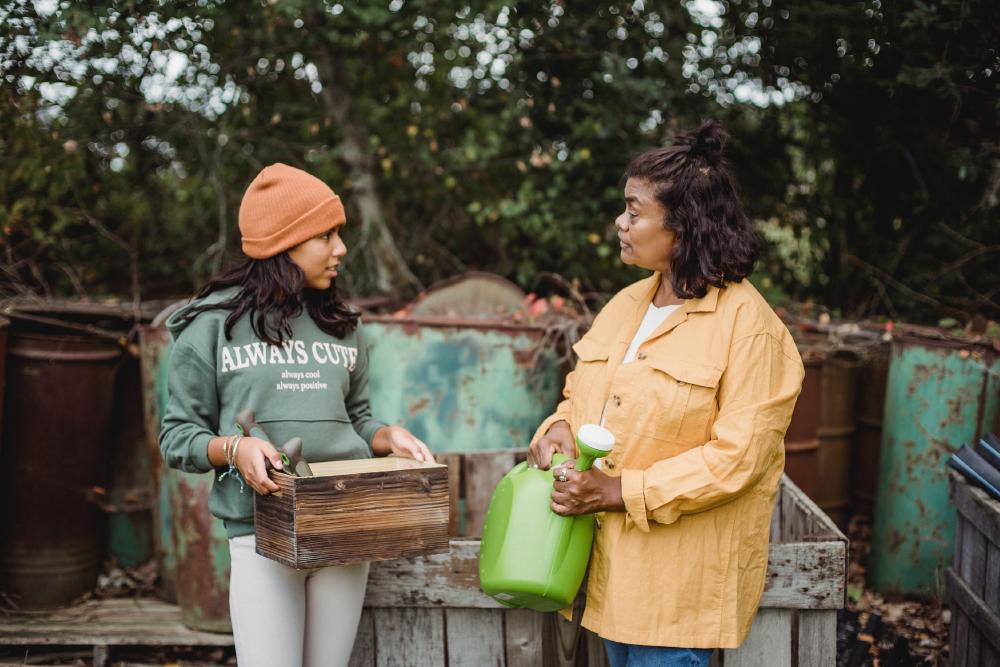
Compost meaning: here are some necessary definitions about this process and what it really entails.
It seems that we all know what compost means. In the last couple of years we heard a lot about it and its presence has increased a lot in social media, newspapers, influencers, blogs, films, documentaries, etc. It seems like the term is everywhere but do we really know what compost means? Well, If you are new at this maybe this article can help you clear some doubts and better understand some differences and key points of this universe.
In this article you are going to learn the meaning of compost and the big scenario of this practice and why it has an amazing value for the environment. Who knows? Maybe after reading this you can start your own compost or invite some friends to let them know more about this world. The simple fact of sharing can also be very helpful. So, here we go!

Are there wrong definitions? What is compost really? Well, maybe there is no such thing as right or wrong definitions about what compost means, but there are certainly some differences and some really important ones. If we do a quick search for “compost meaning” in Google we could find these results:
According to the Merriam-webster dictionary, compost is:
A mixture that consists largely of decayed organic matter and is used for fertilizing and conditioning land.
Merriam-webster dictionary
On the other hand, the site Your Dictionary defines compost as:
Decayed organic matter is used as a soil fertilizer and made variously from grass clippings, leaves, kitchen scraps, manure, etc. that are combined and allowed to decompose in a pile (compost heap) or bin.
Your Dictionary
And last, but not least, what is compost according to Wikipedia? Yes, of course, we have to include this source in the list of definitions:
Compost is a mixture of ingredients used to fertilize and improve the soil. It's commonly prepared by decomposing plant and food waste, recycling the organic matter so that the mixture is rich in plant nutrients and beneficial organisms such as worms and fungal mycelium.
Wikipedia
But wait! Let’s take a few steps back, what is organic matter? Organic matter refers to the large source of carbon-based compounds found within natural and engineered, terrestrial, and aquatic environments.
There are a lot of definitions about compost, although they are all correct definitions, they are not entirely thorough and you may be missing some important information that you should know as a user or producer. In this article, we are going to use the official definition by the American Association of Plant and Food Control Officials (AAPFCO) published in the US composting Council website, because it is more comprehensive and emphasizes the pathogen-removing thermophilic process, differentiating it from many products often confused with compost.
Compost is the product manufactured through the controlled aerobic, biological decomposition of biodegradable materials. The product has undergone mesophilic and thermophilic temperatures, which significantly reduces the viability of pathogens and weed seeds (by EPA 40 CFR 503 standards) and stabilizes the carbon such that it is beneficial to plant growth.
Compost is typically used as a soil amendment, but may also contribute plant nutrients. Finished compost is typically screened to reduce its particle size, to improve soil incorporation.
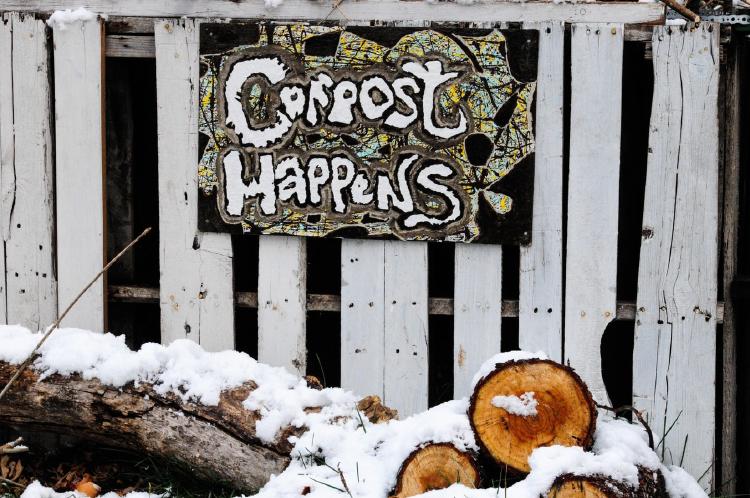
Too complicated? Don’t worry, you don’t have to memorize this definition for your daily recycling process but this kind of official definitions is very important because it unifies a criteria for the industry. The compost manufacturing industry has worked hard to educate manufacturers about the right management practices such as processes that use mesophilic and thermophilic temperature stages to reduce pathogens. According to the AAPFCO, this new definition is especially important not just for the user but also for the producers because it helps describe their products more clearly.
In the guideline to understand what compost is, we respond to some tricky questions. So we could say -in a very simplified way- that compost is a fertilizer, right? Well yes, but we have to establish some differences between compost and fertilizer.
What is compost? to the simple question we can clearly respond: an organic regenerator of soils that needs organic matter to develop and maintain bacterial life. Does it help plants grow healthier? yes! Fertilize and add nutrients to soil? yes! So, is it a fertilizer? yes, but an organic fertilizer. Compost is often confused with fertilizer but they aren’t the same thing, both have the same objective of nurturing the soil, but the main difference is that the fertilizer are artificial and the compost is organic, which means their origin is natural.
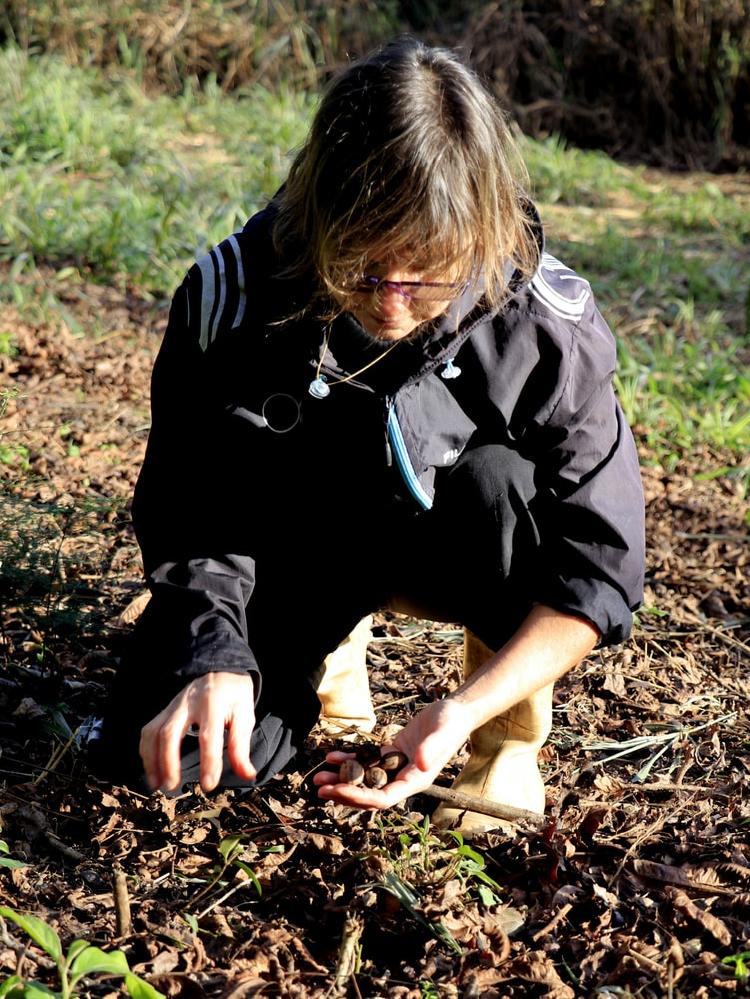
Strong definition of compost? check! So far we have a very solid base, but to completely understand the meaning of compost we need to delve into some deeper questions. So, let’s continue!
The true compost meaning goes beyond the definition and we think that the only way to do something conscientiously is by understanding why we’re doing them. We want to make sure you know the benefits of the compost for you and the environment.
Here we are going to list some basic ingredients for composting in a really fast and easy way just to help you to understand the meaning of compost.
Check the following article, to learn how to make the perfect balance between these three ingredients: The Perfect Compost Ratio: Greens to Brown Balance
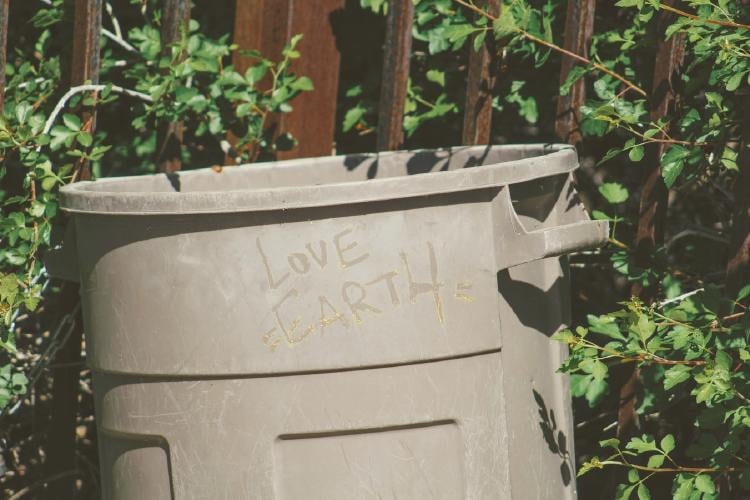
Here you can find more frequent problems with composting at home to deal with them: Composting Problems: Types and How to Deal with Them. Solutions that you are waiting for!
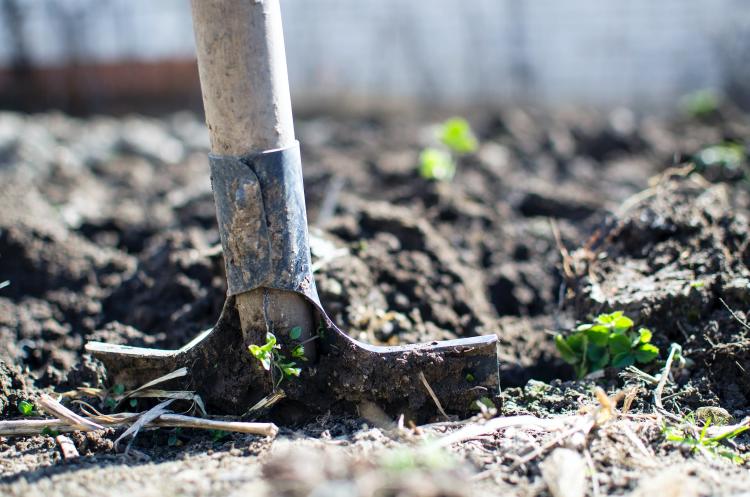
What do we know about compost so far? What is compost? Which are his main characteristics? We understood compost as a product resulting from the biological transformation by microorganisms of organic matter from different sources.
Compost organic waste is nothing more than imitating the natural process of decomposition that we often see in the ground of, for example, forests, jungles, and other ecosystems, producing hummus without intervention of human activity. In modern agriculture the compost process is accelerated, direct, intensive and trying to find new organic sources like urban solid waste.
Compost has incredible value because it gives us the possibility to transform waste that we generate that otherwise would probably end up contaminating the environment.
From an ecological perspective compost isn’t just a simple definition, it is also a way of thinking, to contribute or to be part of something bigger that challenges us as individuals and as members of our community,
So, what do you think about compost? Are you ready to start? If you are interested in starting compost at home: Here is the complete Guide on how to Composting at Home. Let's know in the comments!